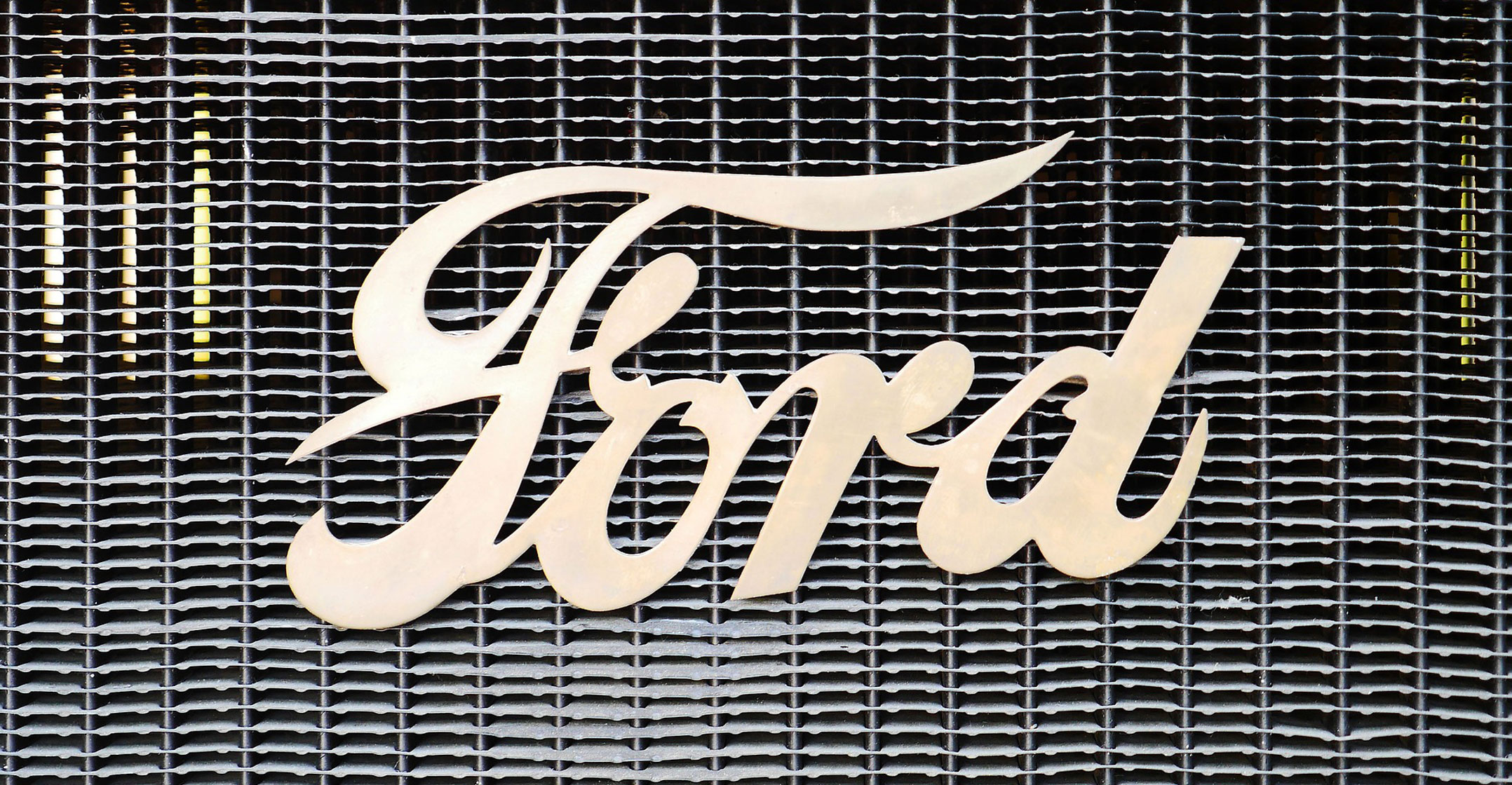 The Ford Motor Company of Southern Africa has agreed to pay a fine of R35-million and to offer three compensation options to the 56 Ford Kuga 1.6 EcoBoost owners whose vehicles caught fire, in agreement with the National Consumer Commission (NCC).
The Ford Motor Company of Southern Africa has agreed to pay a fine of R35-million and to offer three compensation options to the 56 Ford Kuga 1.6 EcoBoost owners whose vehicles caught fire, in agreement with the National Consumer Commission (NCC).
Thezi Mabuza, acting commissioner of the NCC, confirmed on Sunday that the settlement agreement is “limited to 56 Ford Kuga owners whose cars caught fire and, over and above that, any other claim for financial loss that is quantifiable”.
These other claims for financial loss could include owners of Ford Kuga 1.6 EcoBoosts who believe they have suffered financial loss because of a reduction in the resale value of their vehicles as a result of the negative publicity generated by the spontaneous fires in some of these vehicles.
“If there are any new aspects of complaints, the NCC will look into them in terms of the Consumer Protection Act (CPA),” she said.
Ford GM of communications Minesh Bhagaloo said at the weekend that Ford had agreed to the settlement with the NCC following the commission’s investigation into Ford Kuga recalls in 2017.
“We are committed to doing the right thing for our customers. We have learnt from these events and we continue to cooperate with the NCC in order to finalise this matter.”
The R35 million fine was imposed on Ford after it acknowledged that it contravened the CPA following complaints that the Kuga 1.6 EcoBoost was combusting either while being driven or when parked.
Recalls
The fine and settlement agreement took into account the R335-million Ford has spent on three recalls of the model.
Under pressure from the NCC, Ford in January 2017 launched a voluntary safety recall for 4 566 Kuga 1.6 models to address an engine overheating problem that had caused fires in some of the vehicles.
The NCC investigated Ford’s conduct after it received 160 complaints from consumers who alleged that their consumer rights were being infringed by the company.
Mabuza said Ford admitted to engaging in prohibited conduct by distributing Ford Kuga vehicles that failed or could have failed as a result of the cooling system failure.
She said the failure of the cooling system rendered the vehicles not suitable for the purpose for which they were intended and resulted in the vehicles being unsafe during the time of the fires.
Mabuza said the investigation found no relationship between the Ford Escape in foreign markets and the Ford Kugas sold in South Africa.
Former NCC commissioner Ebrahim Mohamed told the parliamentary portfolio committee on trade & industry in March 2018 that fears and concerns were expressed in South Africa that the Ford Kugas sold in South Africa was the same as the Ford Escape, which was recalled in foreign markets as a result of spontaneous fires.
However, Mabuza said the NCC investigation revealed that those concerns were not true.
Liable
Mabuza said Ford has acknowledged that it is liable for the harm caused in terms of the CPA and, while it has already compensated the owners of Kuga vehicles that burned, further compensation has been offered.
The 59 owners of Ford Kuga 1.6 EcoBoost vehicles that burnt have been offered three compensation options, including a payment of R50 000 to each of those consumers who were owners or in lawful possession of a vehicle that combusted, resulting in these consumers suffering loss as contemplated by the CPA.
The payment of the R50 000, if accepted by these consumers, will be in full and final settlement of all claims they may have against Ford as a result of the damaged or recalled vehicles.
Two options are available to consumers whose Kuga 1.6 EcoBoosts burnt and who believe they are entitled to compensation in excess of R50 000.
These consumers may submit a claim against Ford in terms of the CPA via an alternative dispute resolution service as contemplated in the act, or proceed to prove damages in court.
Mabuza said the NCC understands that arguing damages claims in court can be costly and it was therefore agreed that advocate Terry Motau would provide the alternative dispute resolution services.
“We will communicate with the individual consumers who filed their complaints with the commission to determine the route they elect and to provide any guidance, should they so require, on the claims process,” she said.
- This article was originally published on Moneyweb and is used here with permission




